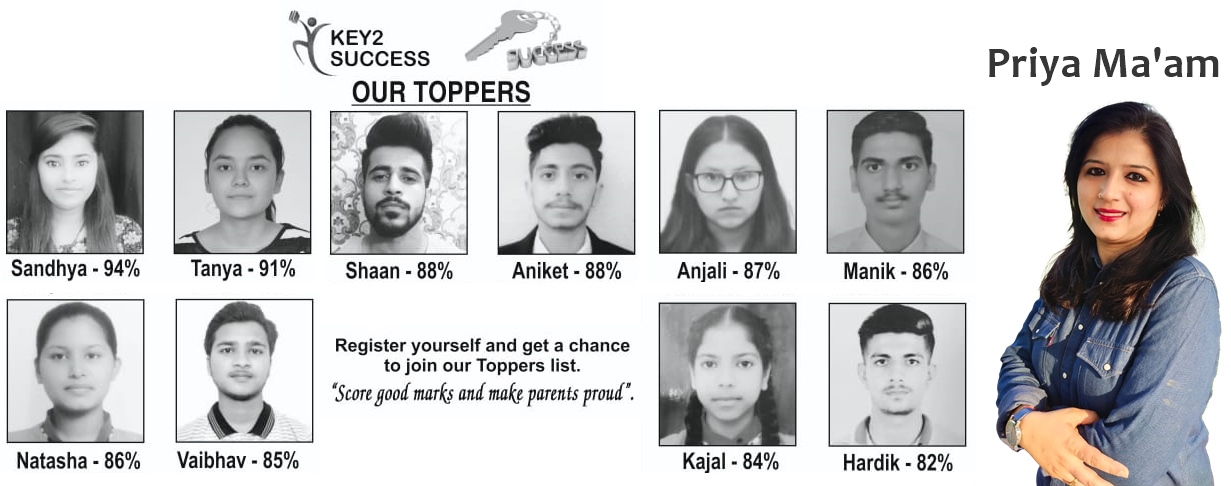Learning Mathematics by Heart – A Questionable Approach
Have you ever tried to learn math by heart or memorize a large amount of mathematical information? Although the course of action is complicated, the result can be good and even excellent. Such an approach to learning by heart can satisfy basic mathematical education or knowledge-based subjects, such as history. However, is this approach suitable for higher education?
As already mentioned, when mathematics education is at the primary level, the number of facts that need to be understood may not be large enough to justify attention and concern. With the good results that this sometimes shows, a learning approach from the heart can even be adopted. But is this the right or appropriate step forward in math education? For the study of mathematics at the higher education level, the consideration of more complex concepts and mathematical expressions, the memorization of information and numerous steps become a complex task. It is known that the work of many students of mathematics who practice the method of teaching at heart suffers greatly. This makes them afraid of math lessons and leads them to an undesirable anxiety situation in mathematics. As a result, their confidence in mathematical questions decreases. Mathematics at a higher level requires a combination of mathematical solution tools and a detailed analysis of the resolution strategy. Choosing the right tool and the right strategy for solving a math problem cannot be achieved by memorizing, because the combination is too wide to cover. Therefore, education at this level of education is based on a different platform.
The best platform for learning mathematics is to understand mathematical concepts, and not to state the facts as the main point. Examine and focus on the causes of the solution approach, not how, although both complement each other. This is a common approach in which the practice can begin from the first day of a mathematical lesson. A habit that is shaped to understand mathematical concepts will help them well when advanced mathematics comes into the picture of learning. Mathematics is a special subject that differs from other knowledge-based subjects in that its language is embedded in mathematical variables, expressions, and equations. There can be many twists and turns in a simple math problem. Without an understanding of the basic concepts of a mathematical subject, it will be difficult to move forward or solve mathematical problems if you do not apply the terrible approach to memorization.
Learning, especially in mathematics, can be best achieved by linking mathematical facts to thinking about where the concept is part of it. The established connections will be improved over time by many mathematical methods. The ability to solve math problems at any time is a true reflection of a person’s ability to cope with math. Learning mathematics from the heart will not achieve this goal, because memory disappears with time and quantity. Storage of knowledge is inextricably linked with the depth of understanding.
Albert Einstein once said “Education is what remains after one has forgotten everything he learned in school.” Learning through linkage of mathematical facts with concepts will remain for a long time since true understanding is achieved. Purely memorizing facts, which has negative impact, causes the meaning of mathematics education to be lost when one forgets the knowledge learned.
Therefore, in conclusion, it is best to conduct a mathematical study with an emphasis on understanding the concept compared to the purest way of memorizing mathematical facts, since the result will be longer with a true understanding of mathematics and its applications. Encourage the habit of approaching the lessons of mathematics and lessons, understanding the concepts, not numerical facts and concrete steps in certain mathematical examples. This established habit will facilitate the adoption of complex mathematical concepts at a higher level of mathematical education.


